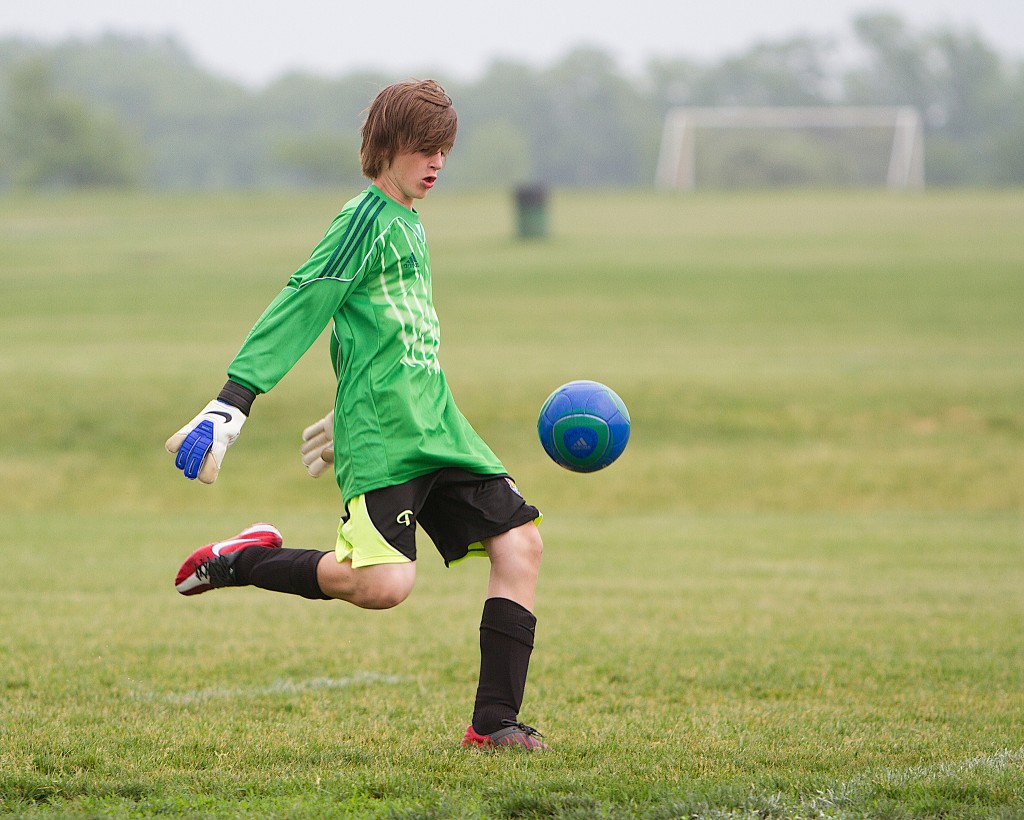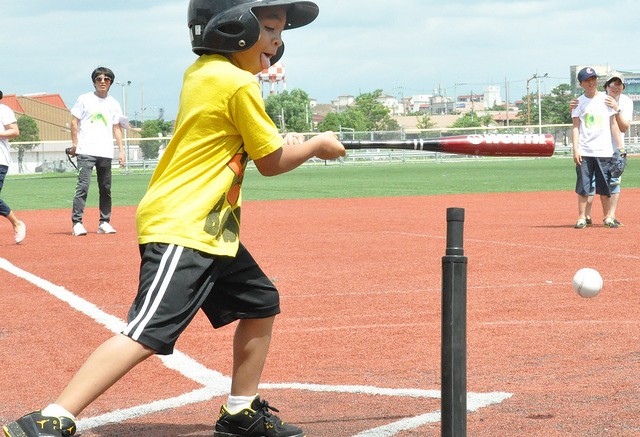Many schools have been partially and fully closed due to the COVID-19 pandemic, which means that a lot of kids attended classes remotely.
As this health crisis is expected to end soon, schools will reopen, and kids will flock back to classrooms.
This means that they will be exposed to a number of germs and illnesses that can be easily picked up in contact with other kids.
In order to prevent this from happening and ensure your kid won’t miss additional classes, take some precautionary steps that will keep respiratory infections, stomach bugs, and other contagious viruses at bay.
Here’s how to prep your kid for a new school year.
1. Teach Your Kid to Wash Hands
Kids tend to rub their eyes, scratch their nose, or touch their mouth with their hands, and all this provides fertile ground for spreading germs.
Washing hands can significantly reduce the odds of getting sick.
According to research, hand washing lowers the risk of respiratory and gastrointestinal disease by 23% and 48%, respectively.
It’s essential to teach your kids how to wash their hands properly and when to do it.
Using clean water, applying enough soap, and rubbing hands, fingertips, nails, and even wrists thoroughly is the right way of eliminating germs. Also, they should always wash their hands after using the bathroom, blowing their nose, sneezing, and before eating snacks or lunch.
2. Provide Healthy Meals
Breakfast is the most important meal of the day, especially for kids and students, as it will fuel their brain and maintain a steady level of energy throughout the day. That’s why it’s important for your child not to skip this meal.
There are various healthy and delicious breakfast options, such as all kinds of egg-based dishes, whole-grains, as well as a fruit and vegetable breakfast smoothie bowl.
Pack your child a good lunch consisting of whole foods that give their immune system a boost. Instead of pizza, burgers, fries, soft drinks, and other foods rich in carbs, serve them veggies, fruits, nuts, and lean meats. Opt for the produce full of vitamins B, C, D, and iron, such as strawberries, bananas, spinach, bell peppers, cheese, and granola bars.
3. Encourage Physical Activity

Spending time outdoors in the fresh air is important for various reasons, one of them being an increase of our blood oxygen levels, which in turn boosts our immune system and helps white cells work properly and eliminate germs and bacteria.
Encourage your kid to go hiking, take up a sport, participate in school fundraising run events, or at least play with a ball in the backyard.
Besides, when your kid is outside, the likelihood of catching a virus or flu drops significantly, which is why organizing play dates in a nearby park is a great idea.
4. Discourage Them From Sharing Personal Items
“Sharing is caring” shouldn’t be your kid’s motto in this day and age, at least when it comes to school supplies and personal items.
This particularly applies to face masks, cups, and utensils, but given that some germs and viruses are resistant, it’s best not to share pens, school books, and other supplies.
5. Teach Your Kid Good and Healthy Habits
In this context, good habits mainly refer to following respiratory etiquette and avoiding touching their eyes, nose, and mouth.
Make sure your kid always has some tissues in their backpack and insist they use one to cover their mouth and nose every time they sneeze or cough. Also, teach them to throw used tissues into the trash.
In other words, your kid should know that sneezing or coughing without covering their mouth will catapult thousands of germs into the classroom. Using their bare hand to stop this blast of germs is an equally bad idea.
If they run out of tissues, the next best thing is sneezing or coughing into their elbow.
Such preventive behaviors can significantly reduce and slow down the spread of infectious diseases.
6. Follow School Rules and Regulations
Every school has its own rules when it comes to illness, so make sure you follow them closely.
If your kid has flu, a fever higher than 100.4 degrees Fahrenheit, vomiting, diarrhea, nausea, or any other easily communicable disease, make sure they stay home. This is the only right thing to do in such circumstances because it will curb the spread of germs and prevent others from catching the same bug.
Be particularly cautious because even mild symptoms such as tiredness, chills, headache, or dry cough are associated with COVID-19, and in that case, follow the recommendations in your state or county.
Don’t forget that it’s your responsibility as a parent to help your child develop a strong immune system, as well as understand that it’s important to protect others and behave in a considerate manner.
About the author
Stephen Jones
I am a freelance writer and father. I enjoy writing about health, food, nutrition, and children’s health for other parents. Freelance writing has always been my passion along with fitness so I combined the two and hopes to be able to share my passion with others! Facebook Twitter
